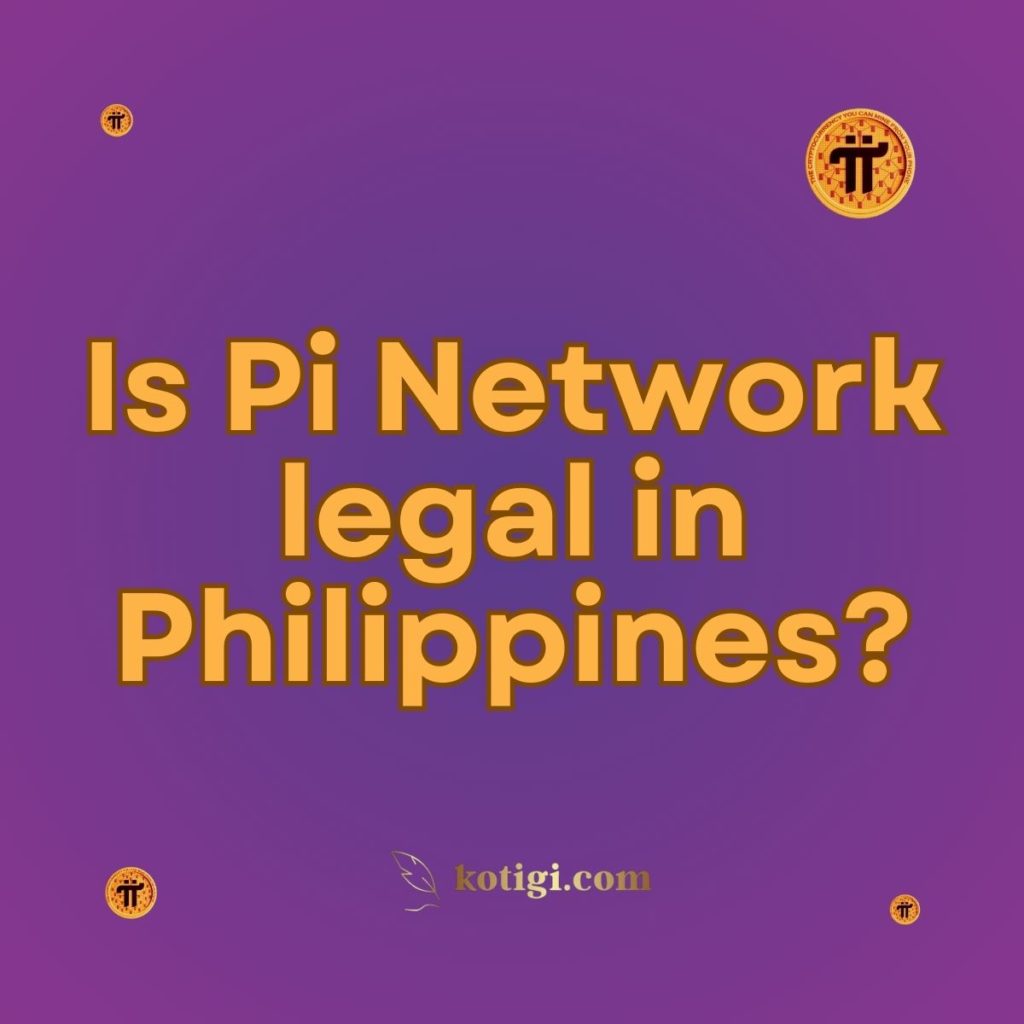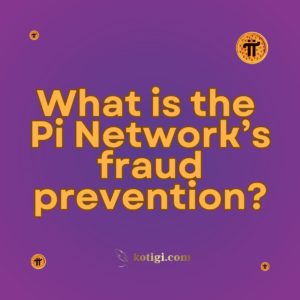
Is Pi Network legal in Philippines?
The legal status of Pi Network in the Philippines is shaped by the country’s regulatory framework for cryptocurrencies and digital assets. Here’s an overview of how Pi Network fits into the legal landscape in the Philippines:
1. Cryptocurrency Regulation in the Philippines
1.1. General Legality:
Cryptocurrencies, including Pi Network, are legal in the Philippines. The country has embraced the use of digital assets and has established a regulatory framework to oversee cryptocurrency activities. This makes the Philippines one of the more crypto-friendly nations in Southeast Asia.
1.2. Regulatory Bodies:
The primary regulatory bodies overseeing cryptocurrency activities in the Philippines are the Bangko Sentral ng Pilipinas (BSP) and the Securities and Exchange Commission (SEC). The BSP is responsible for regulating financial institutions and payment systems, while the SEC oversees securities and investment activities, including those involving digital assets.
2. Bangko Sentral ng Pilipinas (BSP) Guidelines
2.1. BSP Circular No. 944:
In 2017, the BSP issued Circular No. 944, which provides guidelines for virtual currency exchanges (VCEs) operating in the Philippines. Under this circular, VCEs are required to register with the BSP and comply with anti-money laundering (AML) and know-your-customer (KYC) regulations. However, the circular does not apply to users who are simply mining or holding cryptocurrencies like Pi.
2.2. Impact on Pi Network:
As Pi Network is primarily focused on mining and has not yet reached the stage of being actively traded on exchanges, it currently falls outside the scope of BSP regulation. However, if Pi Network facilitates exchanges or transactions involving Pi coins, it may need to comply with BSP regulations, including registration and adherence to AML/KYC requirements.
3. Securities Regulation
3.1. SEC’s Stance on Cryptocurrencies:
The SEC in the Philippines has issued warnings and guidelines regarding the use of cryptocurrencies, particularly in relation to investment schemes. The SEC’s concern is primarily with the potential for fraud and the use of cryptocurrencies in unregistered securities offerings.
3.2. Pi Network and SEC Regulation:
If Pi Network were to offer an Initial Coin Offering (ICO) or engage in activities that resemble securities trading, it might fall under the jurisdiction of the SEC. In such cases, Pi Network would need to comply with securities laws, including registration and disclosure requirements.
4. Anti-Money Laundering (AML) and Know Your Customer (KYC) Requirements
4.1. Compliance with AML/KYC Regulations:
The Philippines has stringent AML and KYC regulations that apply to financial institutions and businesses involved in financial transactions. If Pi Network facilitates the exchange or transfer of Pi coins, it may be required to implement AML/KYC procedures to prevent money laundering and ensure compliance with local laws.
4.2. Potential Scrutiny:
As Pi Network grows and if it begins facilitating more financial transactions, it could face scrutiny from regulators to ensure it complies with AML/KYC obligations. This would be particularly important if Pi coins are used for transactions within the Philippines.
5. Consumer Protection and Legal Risks
5.1. Consumer Protection Laws:
The Philippines has robust consumer protection laws that apply to all businesses, including those operating in the cryptocurrency space. Pi Network must ensure transparency in its operations, provide accurate information to its users, and avoid any deceptive practices that could lead to legal action.
5.2. Legal Risks:
While Pi Network is currently legal in the Philippines, it faces potential legal risks, including the possibility of future regulatory changes that could impact its operations. Pi Network should remain vigilant and ensure compliance with all relevant regulations to mitigate these risks.
6. Future Regulatory Developments
6.1. Potential for Future Regulation:
The regulatory environment for cryptocurrencies in the Philippines is still evolving. The government and regulatory bodies may introduce new laws or regulations that could affect Pi Network. Staying informed about these developments and adapting to any new legal requirements will be crucial for Pi Network’s continued operation in the country.
6.2. Legal Compliance Strategy:
To operate successfully in the Philippines, Pi Network should develop a compliance strategy that aligns with current and future regulations. This includes understanding the implications of BSP and SEC guidelines, as well as ensuring compliance with AML/KYC and consumer protection laws.
Conclusion
Pi Network is legal in the Philippines, benefiting from the country’s relatively crypto-friendly regulatory environment. However, as Pi Network grows and evolves, it may need to comply with regulations set forth by the Bangko Sentral ng Pilipinas and the Securities and Exchange Commission, particularly in areas such as AML/KYC and securities law. Users in the Philippines can legally mine and hold Pi, but should stay informed about potential regulatory changes that could impact their activities in the future. Pi Network must remain vigilant and ensure compliance with all applicable laws to continue operating legally in the Philippines.




